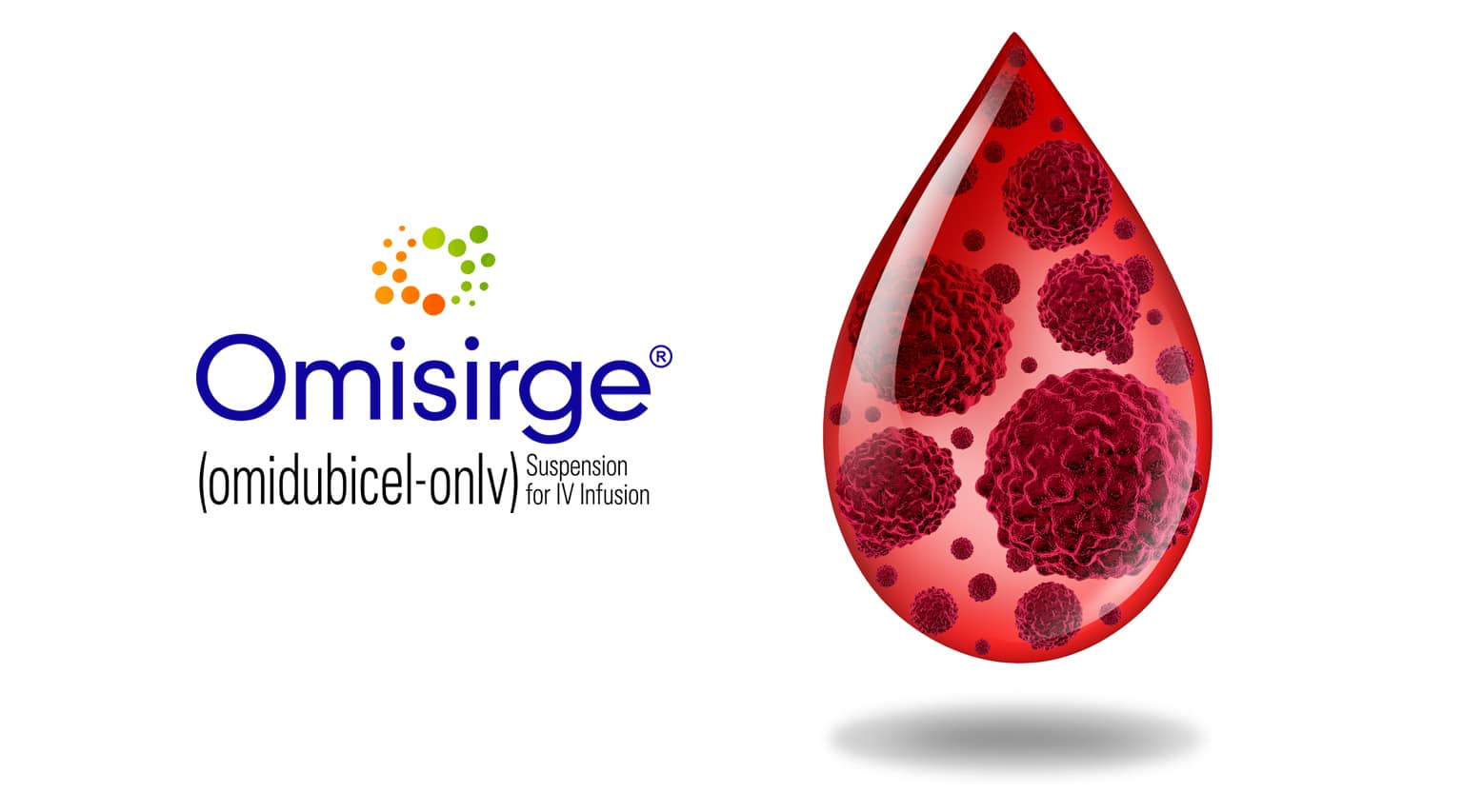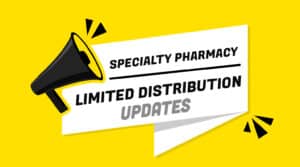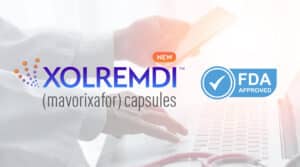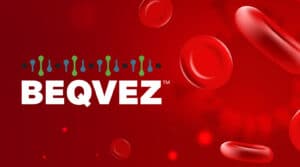The FDA recently approved a new gene therapy, Omisirge (omidubicel-onlv) from Gamida Cell Ltd., for use in adult and pediatric patients (12 years and older) with hematologic malignancies who are planned for umbilical cord blood transplantation following myeloablative conditioning to reduce the time to neutrophil recovery and the incidence of infection.
Approval was granted with a Boxed Warning for fatal or life-threatening infusion reactions, graft versus host disease (GvHD), engraftment syndrome and graft. Such adverse reactions are similar to other approved unmanipulated cord blood (UCB) products.
The recommended course of therapy for Omisirge is a single dose for infusion provided by the manufacturer as 2 separate components (CF and NF). Omisirge CF and Omisirge NF are infused one after the other once the patient has received an appropriate conditioning regimen. Each Omisirge unit is specific to each patient.
The company indicated that Omisirge will be available in the United States to transplant centers for appropriate patients. Gamida Cell did not offer details as to distribution logistics.
CLICK HERE for prescribing information
—————————————————————————————–
FDA approves Omisirge to reduce time to neutrophil recovery and infection in patients with hematologic malignancies
On April 17, 2023, the Food and Drug Administration approved omidubicel-onlv (Omisirge, Gamida Cell Ltd.) for use in adult and pediatric patients (12 years and older) with hematologic malignancies who are planned for umbilical cord blood transplantation following myeloablative conditioning to reduce the time to neutrophil recovery and the incidence of infection.
Safety and efficacy were evaluated in Study P0501 (NCT02730299), an open-label, multicenter, randomized trial of omidubicel-onlv transplantation or unmanipulated cord blood (UCB) unit transplantation following myeloablative conditioning in patients with hematologic malignancies. In total, 125 patients were randomized–62 patients to receive omidubicel-onlv and 63 to the UCB group. Fifty-two patients were transplanted with omidubicel-onlv receiving a median CD34+ cell dose of 9.0 X 106 cells/kg (range 2.1 – 47.6 X 106 cells/kg). Fifty-six patients were transplanted in the UCB arm with one or two cord units (66% received two cord units). In the 42 patients with reported post-thaw cell dose, the median CD34+ cell dose was 0.2 X 106 cells/kg (range 0.0 – 0.8 X 106 cells/kg). Multiple conditioning regimens were used, including Total Body Irradiation-based or chemotherapy-based options.
The main efficacy outcome measures were time to neutrophil recovery following transplantation and the incidence of Blood and Marrow Transplant Clinical Trials Network (BMT CTN) Grade 2/3 bacterial or Grade 3 fungal infections through Day 100 post transplantation. The median time to neutrophil recovery was 12 days for those receiving omidubicel-onlv (95% CI: 10-15 days) and 22 days in the UCB arm (95% CI: 19-25 days). Eighty-seven percent in the omidubicel-onlv arm and 83% percent in the UCB arm achieved neutrophil recovery. The incidence of BMT CTN Grade 2/3 bacterial or Grade 3 fungal infections through Day 100 post transplantation was 39% and 60%, respectively, in the two groups.
Among 117 patients who received omidubicel-onlv for any disease, infusion reactions occurred in 47% of patients, acute GVHD in 58%, chronic GvHD in 35%, and graft failure in 3%.
In patients with hematologic malignancies in Study P0501, the most common Grade 3-5 adverse reactions were pain (33%), mucosal inflammation (31%), hypertension (25%), and gastrointestinal toxicity (19%).
The recommended omidubicel-onlv dose is two sequential infusions consisting of:
a Cultured Fraction: a minimum of 8.0 × 108 total viable cells with a minimum of 8.7 percent CD34+ cells and a minimum of 9.2 × 107 total CD34+ cells, followed by
a Non-cultured Fraction: a minimum of 4.0 × 108 total viable cells with a minimum of 2.4 × 107 CD3+ cells.
This application was granted priority review, breakthrough designation and orphan drug designation. FDA expedited programs are described in the Guidance for Industry: Expedited Programs for Serious Conditions-Drugs and Biologics.






